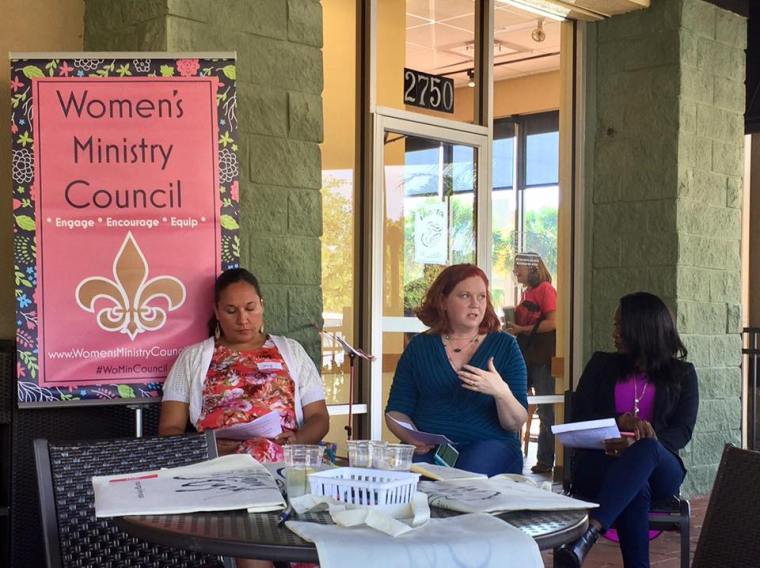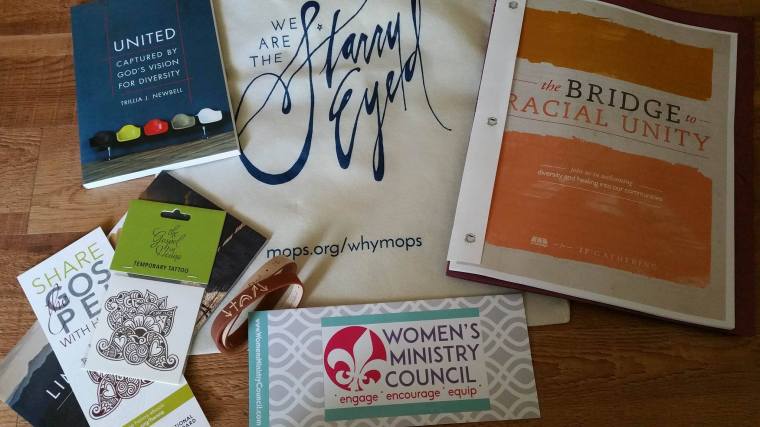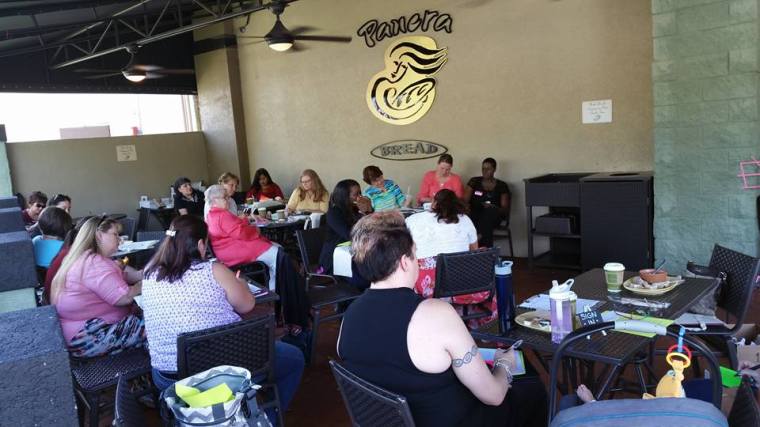
This weekend, I attended a workshop on the topic of branding. As the leader of a ministry, and knowing the direction we are taking in the coming years it is important that I am learning about all aspects of ministry building. The speaker, Faith James, said something that caught my attention. She was giving an illustration related to fishing, and pointing out that to have a successful fishing trip you must know “what you are fishing for”.
Do you know who your ministry is fishing for?
As a ministry leader, you may be tempted to give the most obvious answers…
Everyone. Women. The Lost. The Unchurched.
I am going to challenge you to take that a bit deeper.
As Faith James continued her illustration she said, “You can’t boil the ocean”. Her point rested in that we have to have a more focused vision of who we are trying to reach because everyone is a concept that is as big as the ocean. This doesn’t mean that there is not an ocean of people who need help, but rather it is going to be impossible for us to help everyone with our resources and time. We need to have focus.
Putting this in terms of Women’s Ministry, let’s explore the following questions.
If every Women’s Ministry started a MOPS (Mothers of Preschoolers) group, that meets during the week… who is serving our single mothers, or teen mothers?
If every Women’s Ministry was focused on serving homeless women and children… who is serving our women who have suffered the loss of miscarriage?
If every Women’s Ministry chose to stand with their local Crisis Pregnancy Center… who is supporting the women who chose life, or supporting the local foster/adoption agency to care for these children who were given this chance to thrive?
If your Women’s Ministry is spread thin trying to serve too many different organizations at once, are you really making an significant impact vs. making the choice to choose one and serve it at full capacity?
What if instead of each Women’s Ministry focusing on a broad scope of issues, we each chose one that we were going to give our full attention to? We come together as leaders and identify the needs of the community of women we serve (in and outside of the church walls), then each Women’s Ministry leader picks one that will become their ministry focus?
Imagine a wheel with spokes. The center of the wheel is the Cross, that is where we are trying to bring women… to Jesus. The outer ring of the wheel is all of the women in our community. The spokes are the individual Women’s Ministries.

Quite simply, there are just too many needs in our communities (and within our church walls) for one ministry tackle it all. However, if we work together and decide which needs each of our ministries will focus on… then we are working together to meet all the needs more effectively.
How do we do this?
- Collectively identify the needs in the community we serve.
- Check with other WM Leaders to determine which needs are already being served, need more help, or have not been addressed by the local church.
- Meet with your Pastor to determine if the church already has a focused need, that you can bring the WM under to address the women of that “need group”.
- If there isn’t a specific “need group” that your church is currently focused on, meet with your WM Team. Pray that the Lord would help your team identify which need will become the WM focus.
- Connect to local ministries and organizations serving these need groups to determine how you can come along side their work. Research online if there are national organizations already working in this area that you can partner with and introduce to your area. Or, research online the ways you can begin to serve this need through your ministry directly.






 During my trip to The Gospel Coalition Conference this year, I had an opportunity to meet with a mentor via Serge.org . This mentoring session was very fruitful for me personally, but I also wanted to share more about something that was repeated a few times throughout the conference.
During my trip to The Gospel Coalition Conference this year, I had an opportunity to meet with a mentor via Serge.org . This mentoring session was very fruitful for me personally, but I also wanted to share more about something that was repeated a few times throughout the conference.
